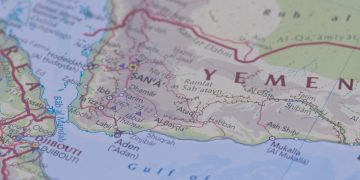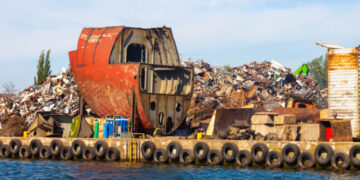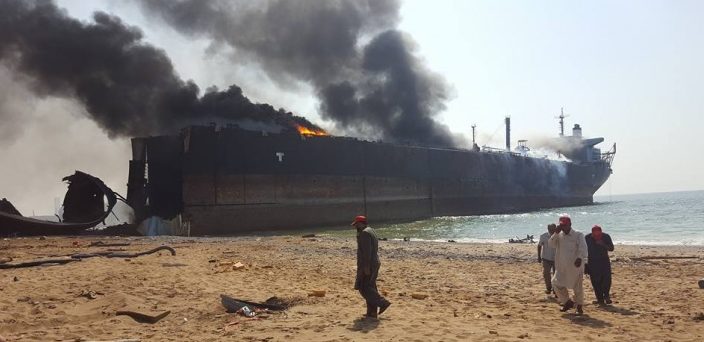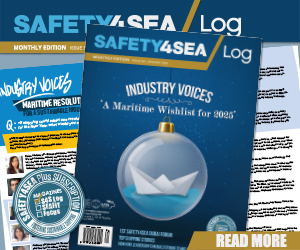Pollutant and dangerous scrapping has been a key area of concern for Pakistani ship recycling industry. As in India and Bangladesh, the yards in Gadani operate directly on the beach, without any impermeable and drained working areas to protect the sea and sand from pollution, said NGO Shibreaking Platform in its annual report for 2017.
As there is no infrastructure to deal with hazardous waste in Gadani, dangerous and polluting substances – such as asbestos, PCBs and residue oils – are simply dumped behind the shipbreaking area.
Working conditions is another concerning issue, with workers’ health and safety being blatantly ignored in Gadani. Trade unions, such as the IndustriAll-affiliated Pakistan National Trade Union Federation (NTUF), have voiced strong concerns related to the systemic breaches of basic labour rights. Most of the shipbreaking workers in Gadani are migrant workers from the poorest regions of Pakistan.
Workers do not have access to clean drinking water. A treatment plant has yet to be installed, says among others the NGO Shipbreaking Platform Board Member, Dr Irfan Khan.
Following the explosion of the Aces tanker on 1 November 2016, there has been increased awareness, nationally and internationally, of the dangers faced by the workers in the shipbreaking yards in Pakistan. The explosion caused at that time the death of 31 workers and serious injury of at least another 58 workers.
Following the major blast, dubbed the worst tragedy in shipbreaking history and caused by several gas cylinder explosions, workers have over and over rallied in Gadani to protest against the deplorable working conditions and the lack of Government support in enforcing safety and occupational health laws.
In the beginning of 2017, five workers lost their lives in another explosion of a tanker. This led to a moratorium on the import of tankers for 2017 imposed by the government – yet the ban has been reportedly lifted in the spring of 2018, without concrete measures in place to prevent the reoccurrence of these tragedies.
Exactly one year after the catastrophic explosion, workers resumed the breaking of the Aces – and as fate has it – it caught fire again; fortunately, without casualties this time.
Actions taken
The Platform’s member organisations have been closely following the government’s promise to make the Gadani shipyards safer for workers.
Our member organisation Center for the Rule of Law Islamabad (CroLi) has been following the development of stricter laws for the shipbreaking industry. The improvements in the working environment, which have supposedly been put in place and which are the reason why the government is confident that Gadani can now resume breaking tankers, remain vague however, with no infrastructure in place to mechanise this heavy industry.
2017 marked a year of rallies and protests in Pakistan, with NTUF and workers demanding the enforcement of their rights, better labour laws, the use of proper health and safety equipment in the yards and more consideration from the authorities. The Dutch trade union, FNV, has conducted research on the shipbreaking industry in South Asia.































































